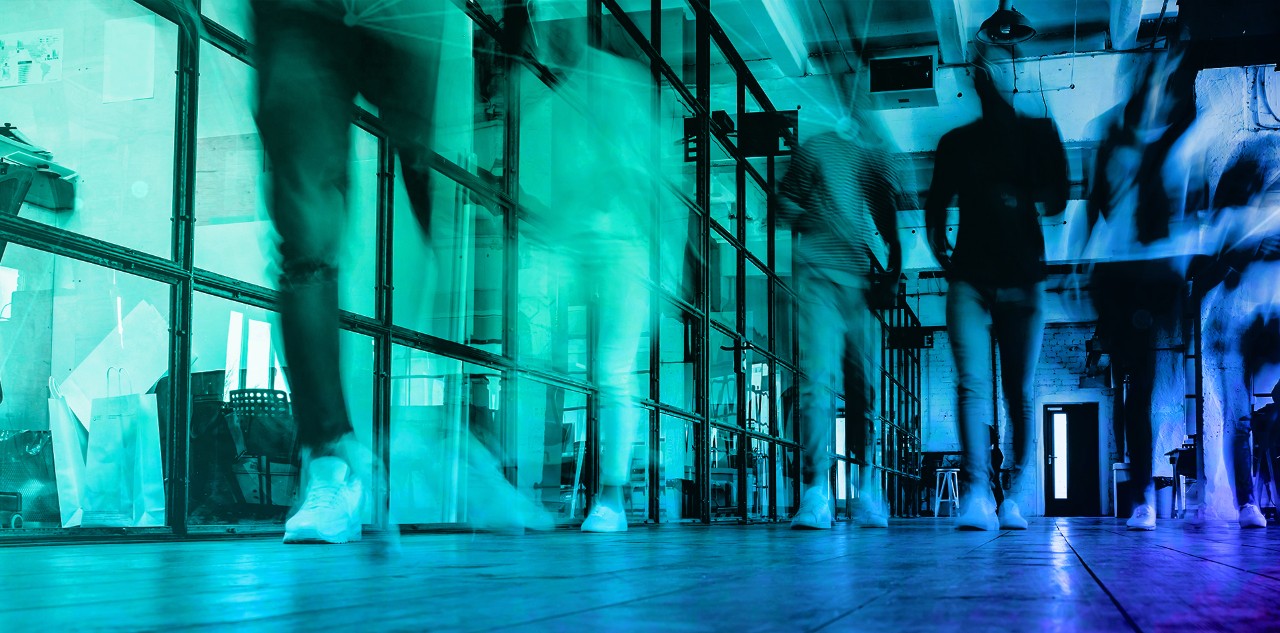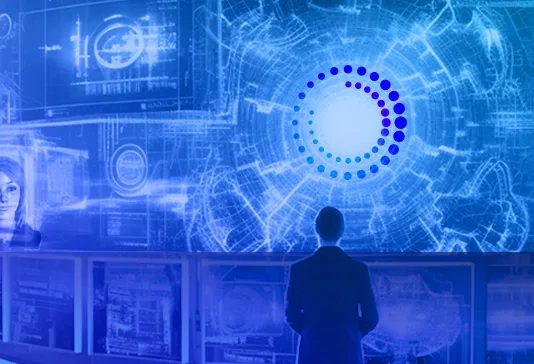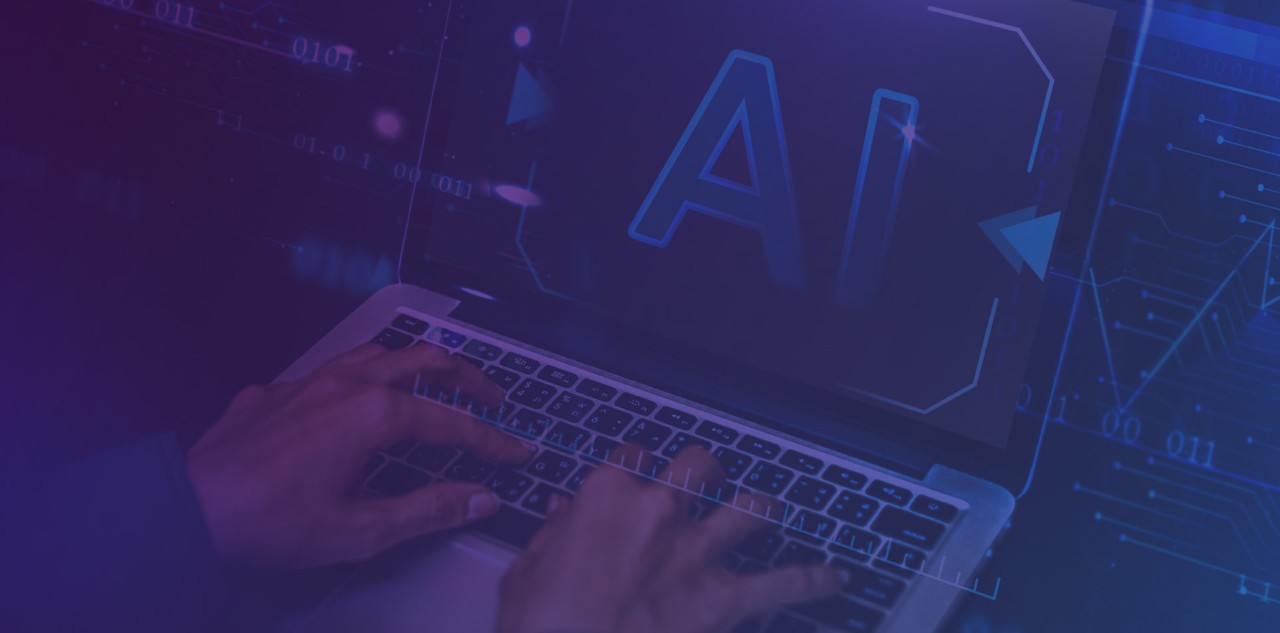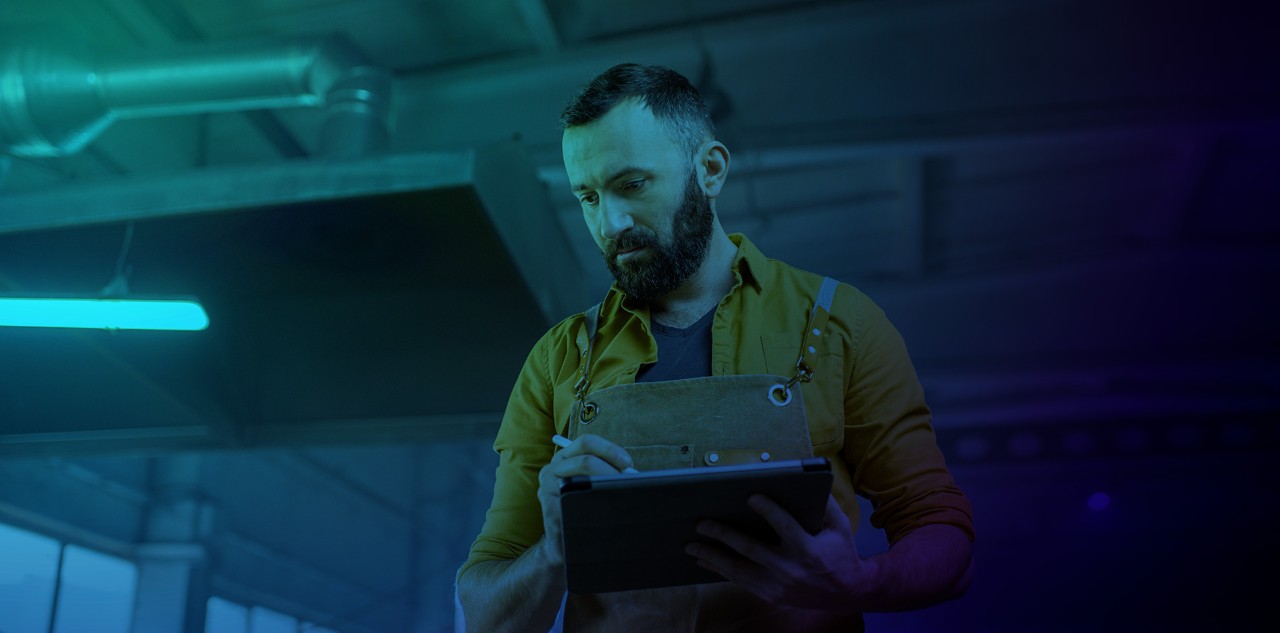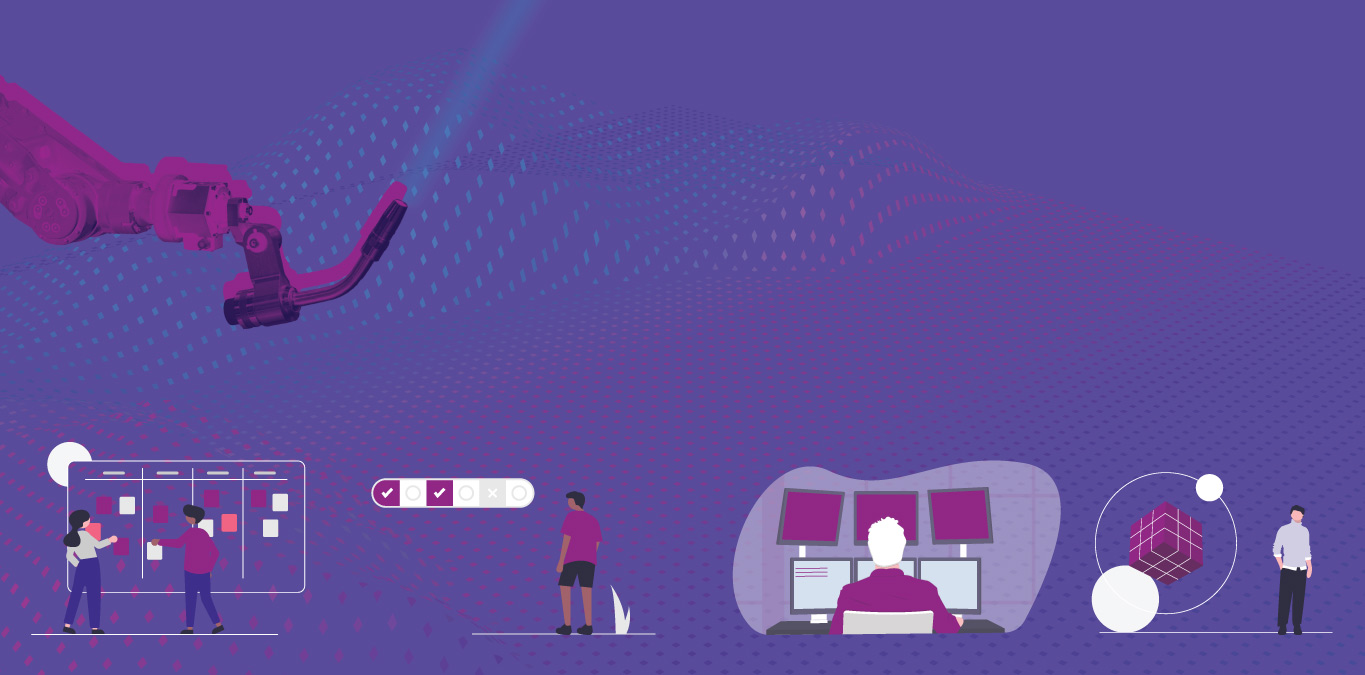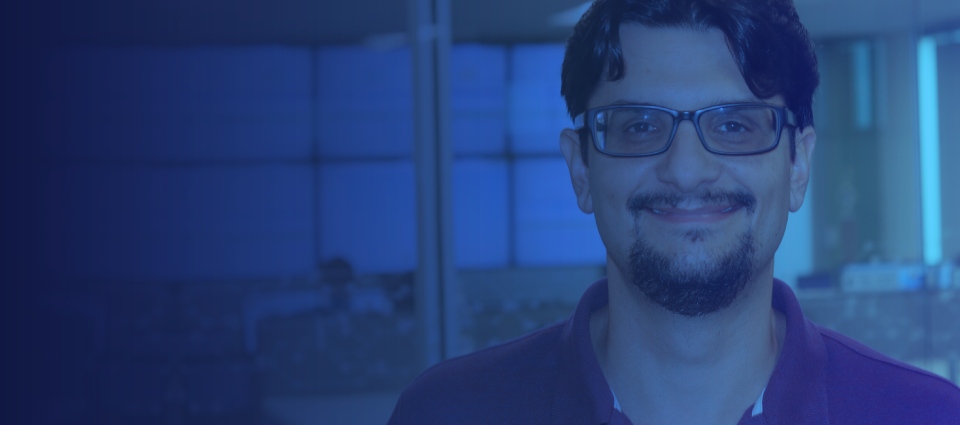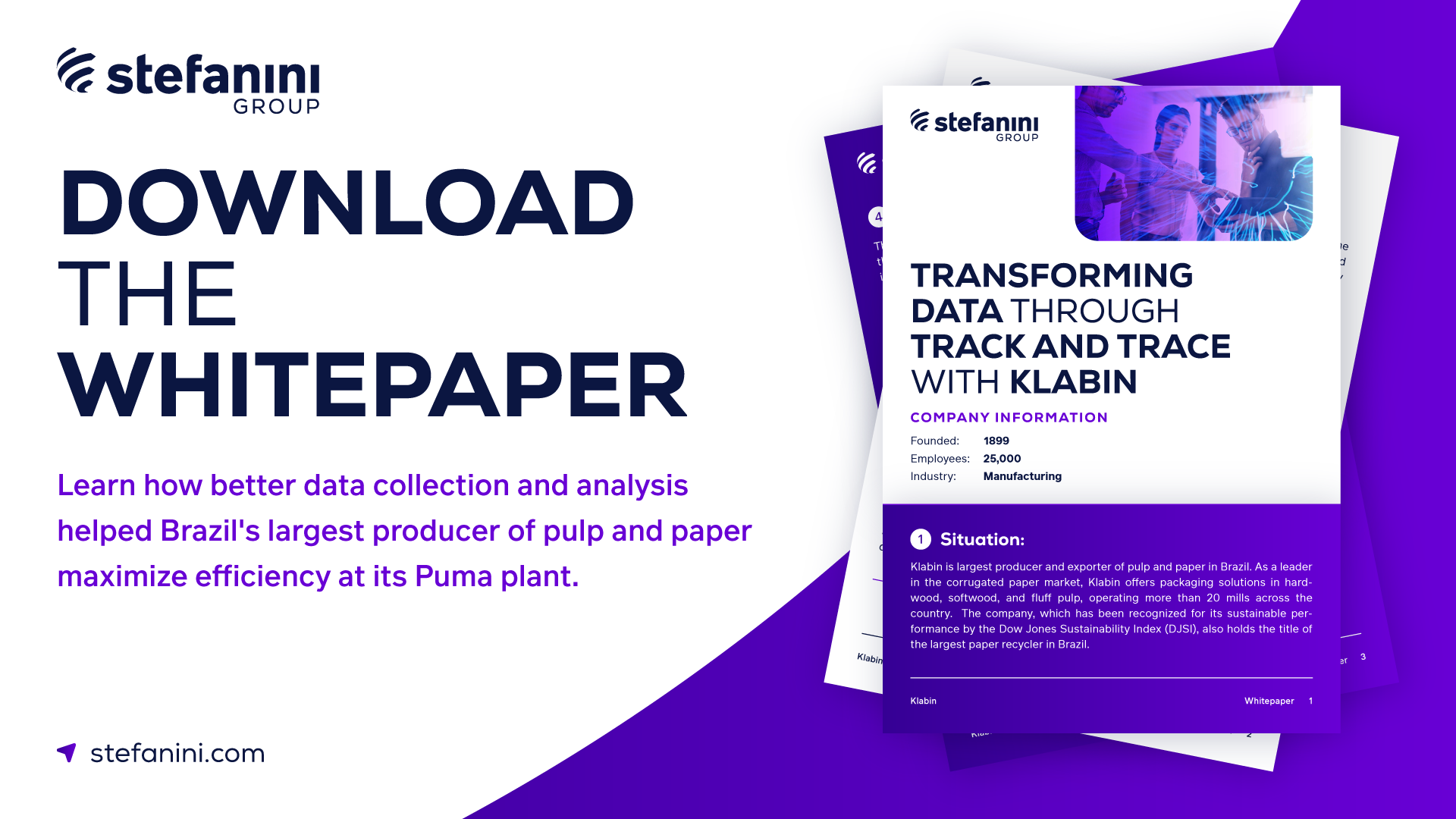The rapid spread of digitization in India has changed the way we lead our lives. This digital revolution is in progress and will set a new benchmark with the Internet of Things (IoT) in upcoming times.
Technology like IoT is a way to connect billions of people across the world. Since the Indian government also aspires to create a digital India, the scope of IoT is only going to increase in 2022. An influence of this avant-garde tool has been observed in different sectors, with the healthcare domain being one. That is why healthcare app development has become the main area of interest for app-building companies.
Based on Zinnov reports, India has a contribution to IoT of over 15 billion dollars in 2021. In a survey done by Markets and Markets, the international IoT market was worth $170 billion in 2017. This is going to increase by 560 billion dollars by 2022.
How do IoT services and data science lead to business growth? Learn more here!
What Could be the Outcomes of Using IoT for Healthcare?
Over the last few years, tremendous development has been observed in IoT-based devices. The increase rate in such devices is a step toward a great future. According to experts, IoT is a boon for the healthcare industry. Based on a forecast, the utilization of IoT devices will reach over 500 billion by 2025.
Now, healthcare professionals utilize devices integrated with IoT. The devices they are using currently are wearables, medical sensors, etc. Fortunately, the technology has made it easy to collect the data of the patients. Now, medical practitioners will have a better track record of every patient they treat.
With IoT application development, the healthcare sector is only going to be advanced. This will help in improving the lifestyle. People will get better medication facilities on time.
Major Factors That Bring Together Healthcare and IoT
IoT came into existence because of big data and artificial intelligence. These technologies are helpful in collecting huge sets of data and transforming them into something meaningful. Doing such things is not possible for human beings.
AI and big data have been used for healthcare to do predictive analysis of the market. The analytics include:
- Instant raw data analysis.
- More emphasis on forecasts and less on normal descriptions.
- Gathering data to collect important details.
- Tools usage that can be accessed by medical practitioners working in the healthcare sector.
Top IoT Applications in Healthcare
Many innovative trends changed the method to collect medical data. With this, the healthcare sector workers can treat patients with great efficiency.
1. IoT apps made medication management easy
Various medical surveys disclosed major facts. Based on that, almost 50 to 60 percent of patients who didn’t follow the medications properly suffered later. This problem is so critical that every year 1,00,000 people die in the USA because of it. So, what alternative do we have? How are we going to resolve it?
Yes, solutions exist. An IoT-based solution can assist in resolving such problems. Such apps provide proper reminders to patients to follow the medications strictly.
Some of the IoT implementations are:
- Smart-pill bottles: This comes with a special medication facility that gives reminders for missed doses. It even tracks if the patient is taking medicines on time or not.
- Plug-and-Play: This is for healthcare professionals to have smooth communication with patients. Medical practitioners can take proper care of patients with this platform.
2. IoT wearables enhanced remote health monitoring
With great advancements in digital technology, it became easy to conduct medical operations remotely. After the introduction of the remote treatment concept, a great improvement has been seen in medical facilities. The combination of healthcare with IoT is a great relief for medical practitioners. It is because they wouldn’t be compelled to examine lots of patients at the same point in time.
After the introduction of remote monitoring, it has been easy to give quality medication facilities. Patients who are residing in remote areas can get the treatment at cost-effective rates. On the other hand, old age people suffering from serious diseases can also take advantage of this technology.
To add a better experience, a large number of IoT app development firms introduced several exceptional wearables solutions. They did so to administer great remote monitoring facilities for patients.
The IoT applications that assist in remote monitoring are:
- IoT-based CGM application: It is used for monitoring glucose.
- IoT-based ingestible sensors: This is for checking the patient’s mood to treat them well.
3. IoT robots improve surgery
Because of too much progress in the Internet of Things, robotic surgery is the new innovation in the field. It has created new possibilities and is improving the healthcare sector. The recent creation of medical equipment through robots has made it possible to do complex surgeries. Nowadays, AI integrated robots conduct surgeries for different healthcare domains. These include urology, orthopedics, and many more.
Some of the reports showed the increasing significance of robotic surgery with IoT apps. In recent reports, it has been forecasted that the surgical robot market will be $98 billion dollars by 2024. This shows that all international healthcare service providers are taking interest in IoT technology.
As the technology will mature, IoT app development will even help surgical robots to do the surgeries effectively. This will also boost the recovery rate of patients.
How does healthcare benefit from artificial intelligence? Learn more here!
4. IoT applications cure serious illnesses
In every country, the pressure on healthcare resources is rising every day due to critical diseases. But, due to the launch of IoT technology, it will be easy to regulate advanced healthcare facilities at affordable rates to patients. Also, it can be easy to closely examine a patient’s healthcare condition by the doctors.
Several IoT-based medical instruments are there that can be used precisely. This will allow the healthcare workers to examine patients’ conditions. It includes checking heartbeat, blood pressure, and sugar level in an efficient way.
Moreover, there are multiple new IoT trends that have the ability to manage chronic diseases as well.
These are:
- Integrated inhalers that are amalgamated with IoT-based sensors. These provide details related to medication and help in recovering patients having chronic illnesses. The sensors help in data collection that doctors receive through a mobile app.
- ADMM is a wearable work on IoT technology. It assists the doctors in knowing symptoms associated with the asthma attack. It even helps patients to be attentive before the situation goes out of hand.
5. Technologically advanced hospitals with IoT devices
Why are hospitals becoming high-tech?’ The simple answer to this is great data collection in just a few seconds. A normal healthcare service provider can find it difficult to maintain complete visibility in the working procedure. To handle that, IoT systems are quite helpful. They help in achieving great results by facilitating the best healthcare options instantly. There are endless methods by which IoT devices serve in running a hospital in a smarter way.
Basically, smart hospitals are digitized where the healthcare data can be managed easily with IoT technology. In spite of keeping the paper files, the smart hospital stores details on cloud devices that are easily manageable.
Final Thoughts
It is obvious that current IoT trends are capable of bringing modernization in the medical domain. It will not only be helpful for doctors but their patients can even gain profits from such advancements. With the implementation of IoT, doctors can spend enough time with their patients and treat them well.
As IoT technology will become ultra-modern in upcoming times, new changes can be discovered soon. So, undoubtedly, it is the future of healthcare.
Author’s Bio: Erma Winter is a senior mobile app developer at MobileCoderz ( a developing iOS & Android app development company). She has better exposure to working with clients and delivering great app solutions to them. Apart from healthcare app development, she has even developed apps for other industrial domains.




